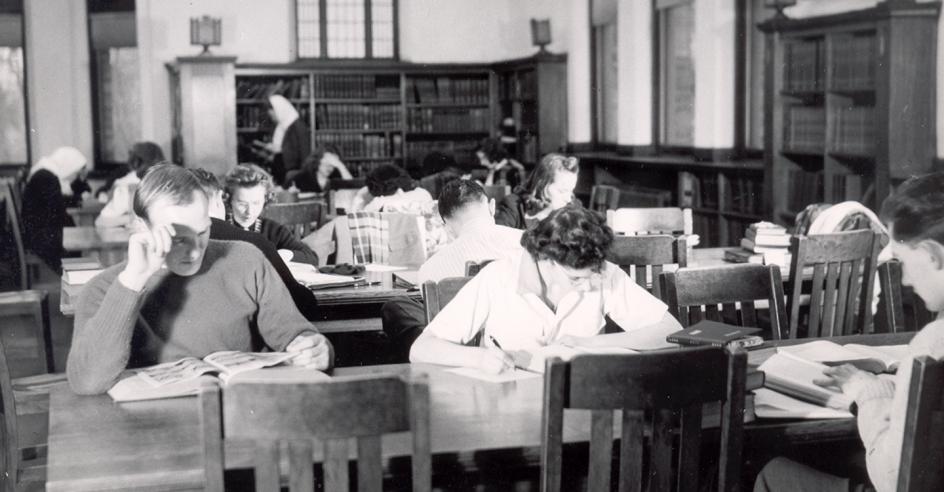
Heidelberg University is proud of its 170-year history of providing a quality education in the tradition of the liberal arts. That same philosophy is maintained in professional program offerings. Today, academic excellence and a profound student experience stand at the core of the University.
Heidelberg nurtures a strong sense of community and provides the opportunity for students to sharpen their intellect, explore different cultures and develop a sense of moral and ethical responsibility to their communities and the broader world. Students are highly engaged in their own education and embrace the concept of lifelong learning.
Integration of all of these qualities, imperative for professional and personal success in an evolving and complex world, help Heidelberg’s graduates to define their lives of purpose with distinction. Among many other things, we're proud to provide our students:
- Innovative Programs of Study
- The HYPE Career Ready® Program
- The PlusOneAdvantage® Full-Tuition Scholarship MBA Program
- A Valuable and Affordable Education
- An Education ranked among the best
History
Heidelberg University was founded in 1850, as Heidelberg College, by members of the German Reformed Church who named the institution after the Heidelberg Catechism of 1563.
Seeking to minister to the German population of Ohio, the founders of Heidelberg established a church-affiliated institution staffed by a largely theologically trained faculty. Into the 1890s and beyond, the ideal of training Christian scholars persisted as the goal of a Heidelberg education.
The Evangelical and Reformed Church, formerly called the German Reformed Church, merged with the Congregational Christian Churches in 1957 to form the United Church of Christ. The institution continues its affiliation with the United Church of Christ while welcoming students and faculty from a variety of faith traditions.
As an independent, church-related, liberal arts educational institution, Heidelberg has interpreted the educated person to be an individual who can articulate the relationship between academic learning and learning for life. From five students in its first graduating class, Heidelberg has experienced periods of growth and contraction during its long and rich history.